British Labour’s Scottish power grab
Plans to change the law to give the Scottish Secretary of State powers to bypass the Scottish Parliament to directly fund ‘anti-poverty schemes’ could provoke an unwelcome crisis for Anas Sarwar, argues VINCE MILLS
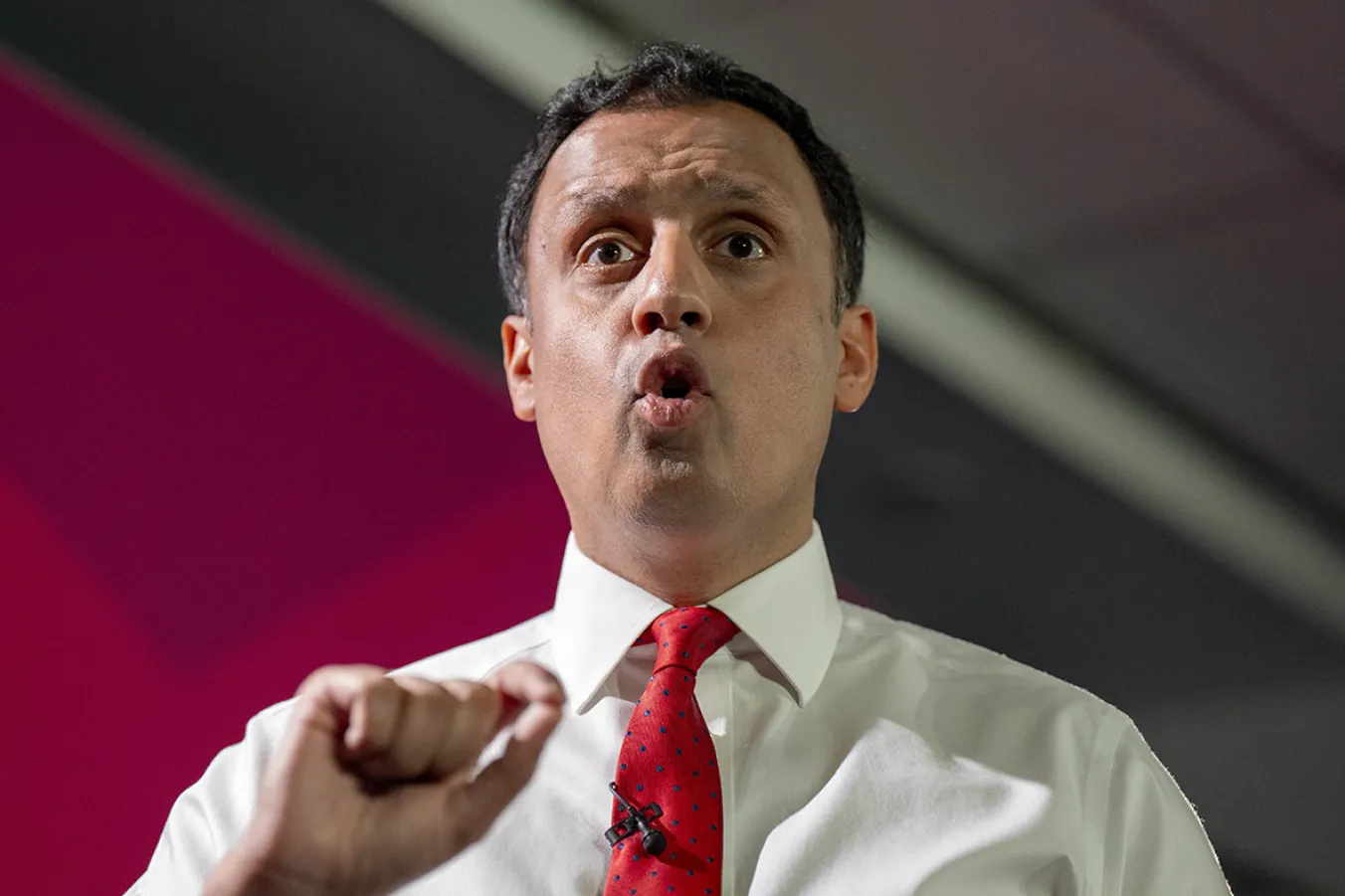
WHEN Scottish Labour MSPs head back to work next week in Edinburgh, they might be forgiven for having a spring in their step, despite the best efforts of atrocious summer weather to put a damper on everything.
An opinion poll by Norstat for the Sunday Times on August 24 suggests that come the Scottish Parliament elections in 2026, it will be Labour and not the SNP that Scotland’s first minister will come from.
There now follows a flock of caveats. It is a long way to 2026, and the impact of both Westminster and Holyrood announcing a new age of austerity is as yet unclear. Furthermore, the Norstat polling numbers were very close.
More from this author
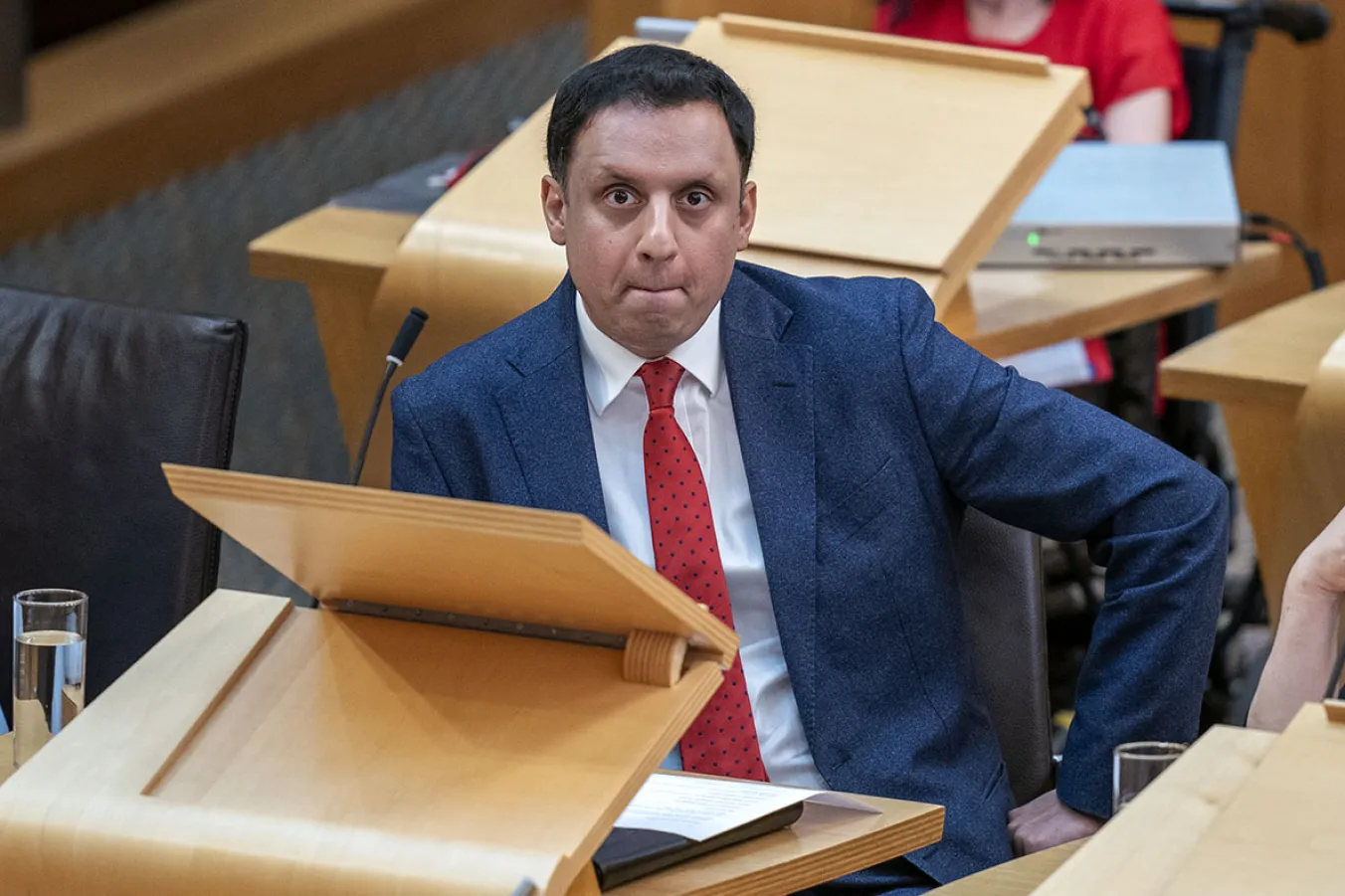
As polls show Scottish Labour’s support crumbling and Reform rising even among independence supporters, an urgent need emerges for an alternative based on public investment paid for by radical progressive taxation, argues VINCE MILLS
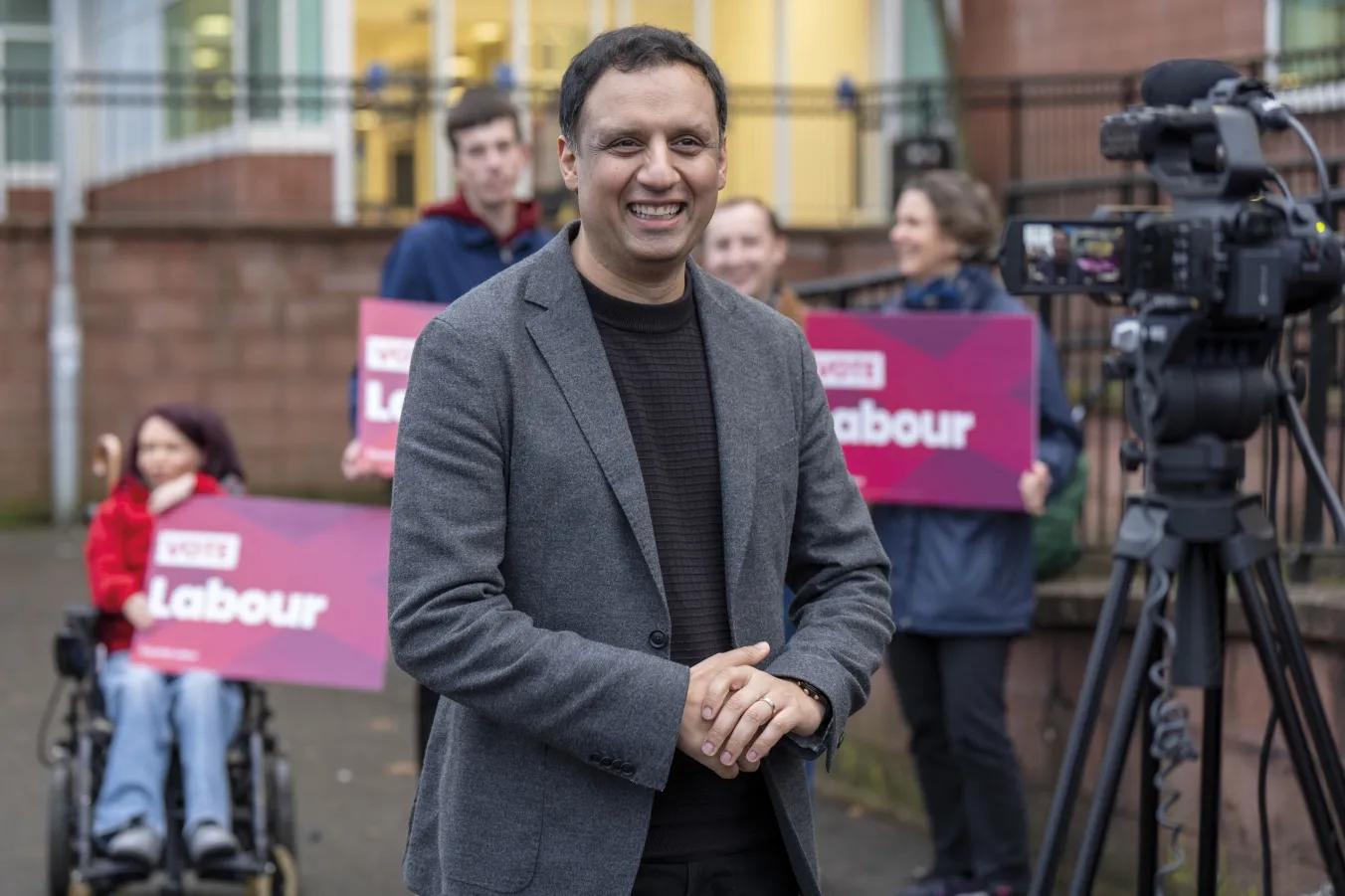
Without challenging the neoliberal framework of our economy or seeking more powers for Scotland, the Scottish Labour leader’s seeming break with Westminster policy rings hollow, writes VINCE MILLS

In the run-up to the Budget there’s been much talk of ‘modern supply-side economics’ – but this latest ruse is merely another means to facilitate the rapacity of contemporary capitalism, warns VINCE MILLS

Under Starmer and Sarwar, both the UK and Scottish Labour Parties are committed to the dogmas of neoliberalism – although signs are that resistance is growing, argues VINCE MILLS
Similar stories

Unwanted, imposed Tory interventions on Scotland fuelled demands for devolution, and today Labour risks repeating past mistakes if Ian Murray seeks to bypass Holyrood on spending, warns PAULINE BRYAN
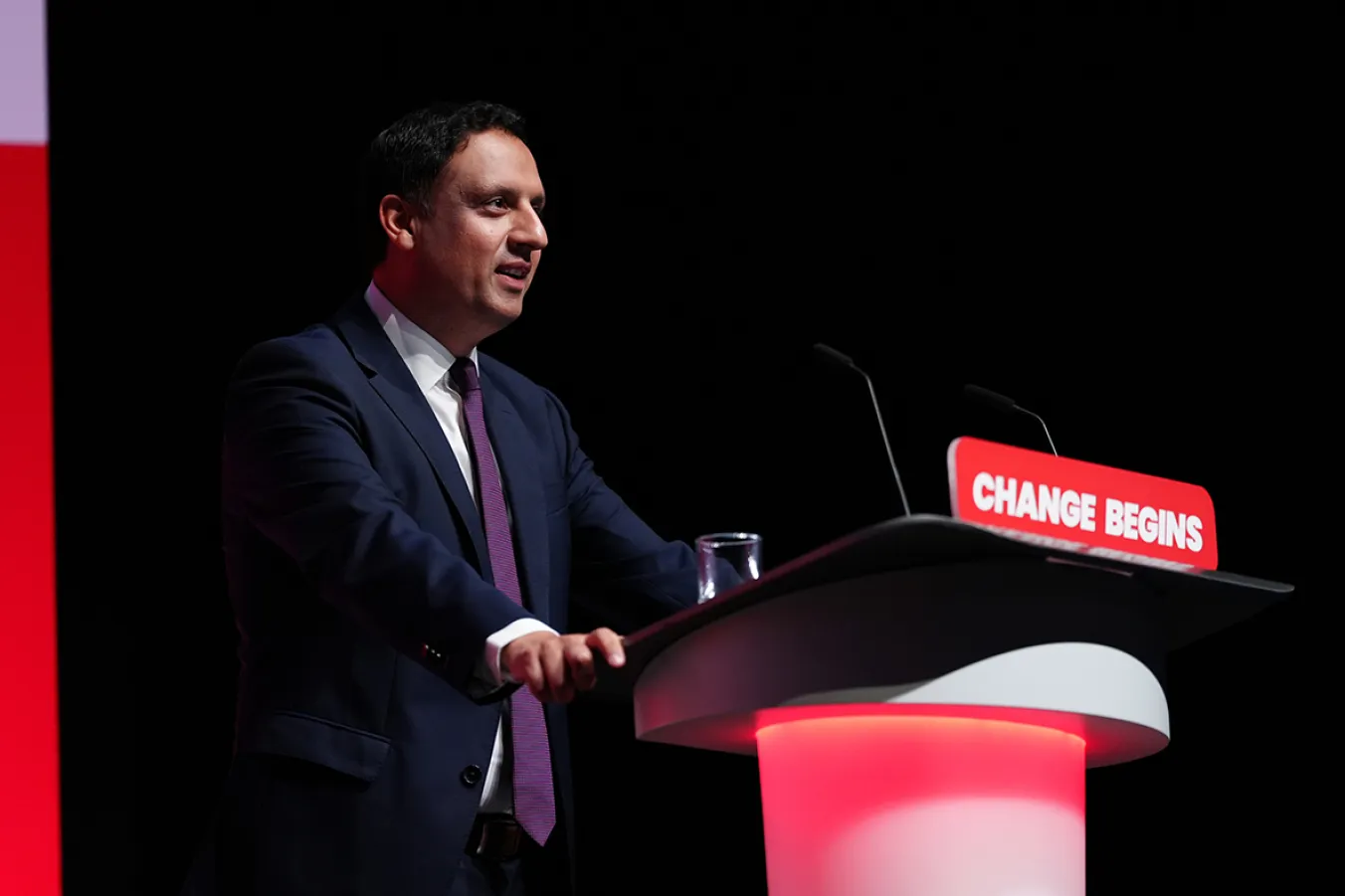
With a lack of radical thinking from the Starmer-led UK government, support for Scottish independence is unlikely to evaporate any time soon – spelling trouble ahead for Anas Sarwar, argues PAULINE BRYAN
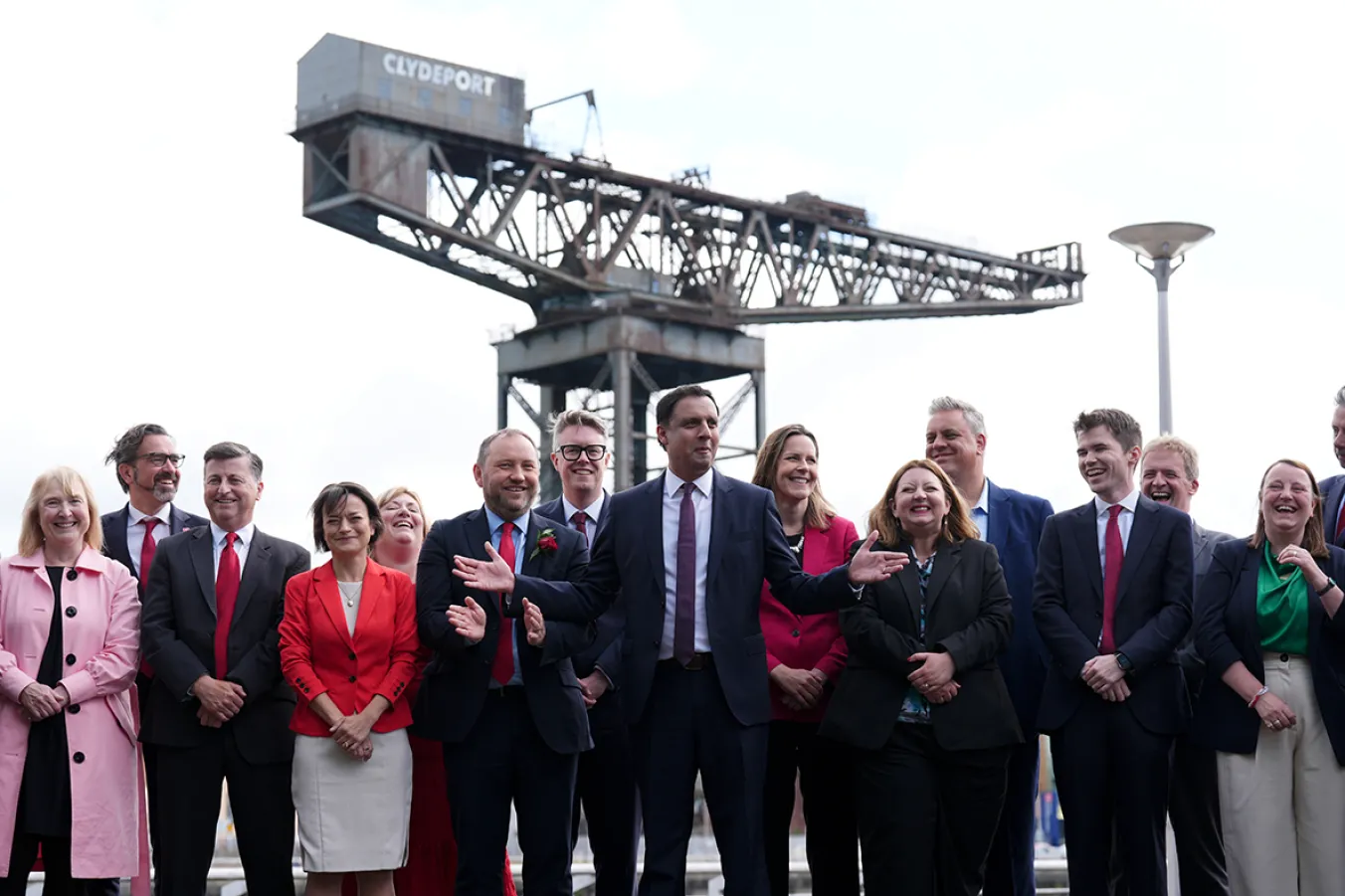
After Scottish Labour’s success in the polls, VINCE MILLS calls for bold devolution of immigration and borrowing powers to tackle Scotland’s economic challenges — and outflank the SNP










